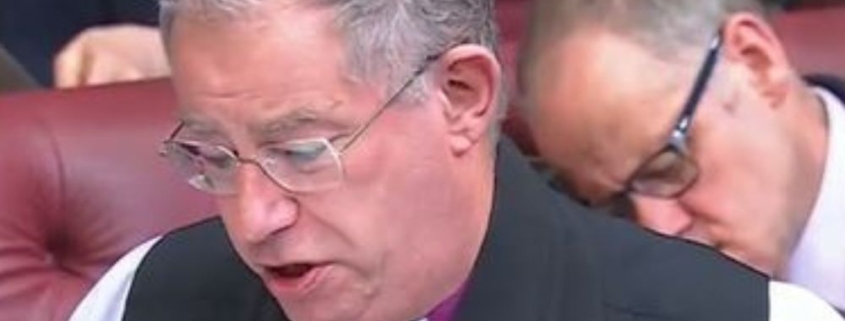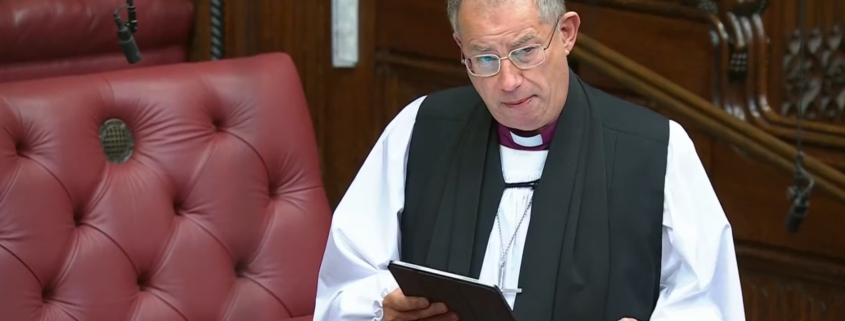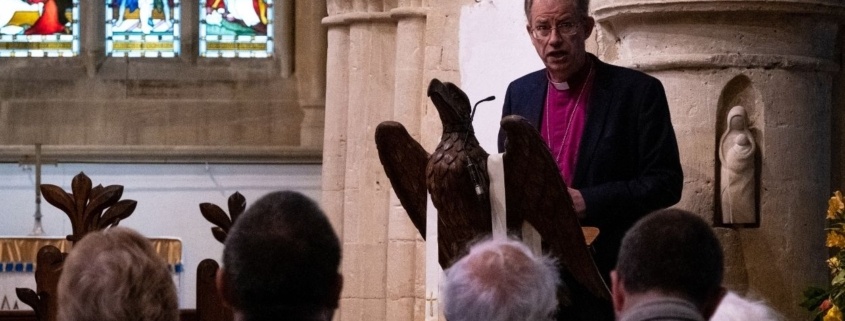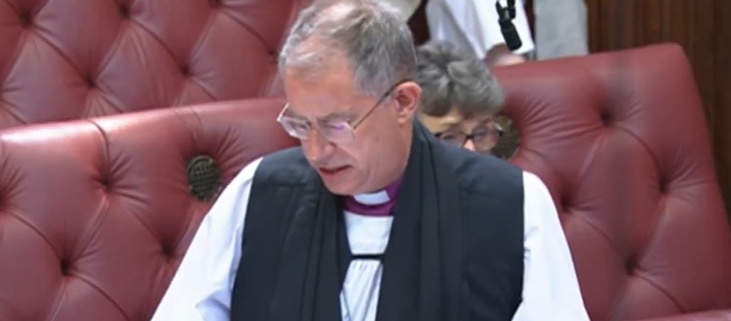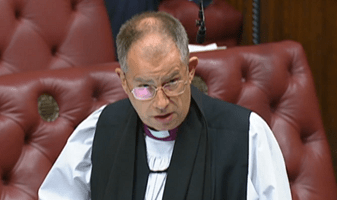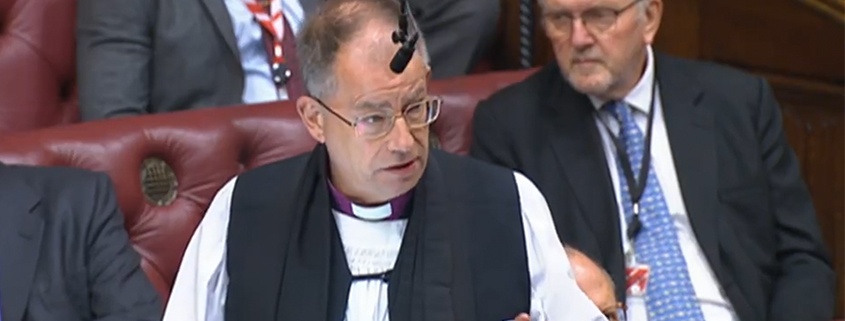My Lords I welcome this timely report and this debate. The themes of the report are ethics, truth, access and trust, all of which are of vital importance to the Lords Spiritual as I hope to all members of your Lordships House. My colleague the Bishop of Leeds was part of the Committee which produced this report and he sends his apologies that he is unable to be in the chamber today. I congratulate the Lord Pack in his fascinating maiden speech on email newsletters and welcome him from these benches to this House.
My Lords it is wonderful to live in an age when at any hour of the day or night it is possible to learn what is happening anywhere in the world, to access unfolding events combined with thoughtful commentary and analysis. The world has been rightly paying tribute to Pope Francis this week for his humility, his humanity and his courage. Within minutes of the Pope’s death on Monday, we not only had the news but appreciations of his life, comments from world leaders and analysis of his many achievements. The same is true day by day, minute by minute. The report has helped me see and to appreciate afresh the living miracle of the 21st Century news environment. I want to join others in paying tribute to all the media, reporters, technicians who devote their lives to public service and to good journalism.
The report is of course right that the news ecology is evolving and needs tending carefully by government and by others. I would like to stress three of the recommendations as particularly vital and important.
The first is the importance of nurturing and supporting the local alongside the global: essential for building resilience, participation and cohesion in communities. Local radio. I welcome the governments response and the news of the forthcoming Local Media Strategy. May I ask the minister when that Strategy might be available and will it help arrest the decline in BBC local services we have seen in recent years.
The second is to highlight recommendation 14: the suggested development by the BBC of a public interest generative AI tool in partnership to access reliable and authoritative information. This would be an historic and strategic development to ensure a trusted source for the deployment of generative AI as a complement to commercial services and has been suggested by other bodies. This recommendation does not feature in the governments response and I wonder if the minister would offer a comment.
The third is to underscore the vital importance of building media literacy among every section of the population, not only the young, as the news media changes and evolves in Recommendation 37 (4). Here I was pleased to see the governments very full response to this recommendation through a number of different strands. Can I ask the Minister to offer an update on the progress of the media literacy review and also the place of current place of media literacy in the schools Curriculum and Assessment review?
My Lords we are privileged to live in an Information Age which will continue to evolve. We need government to remain vigilant in cultivating the news ecology and diligent in equipping all citizens to navigate this world well. I welcome this report.

